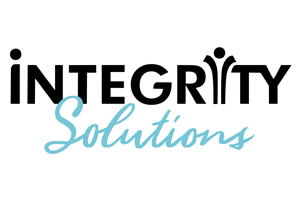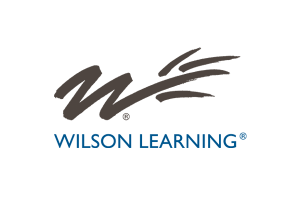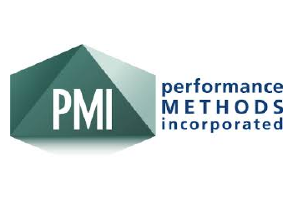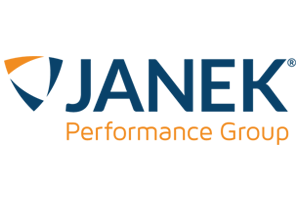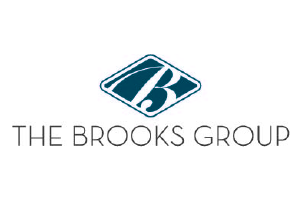The sales training market has seen steady growth in recent years. In fact, Training Industry research has found that organizations worldwide have seen a continued increase in sales training spend since 2010.
If the end of 2019 was any indication, the sales training market is positioned to thrive in 2020. To better understand the trends driving the market, let’s reflect on some of the major sales training M&As that closed out 2019.
In September, Marlin Equity Partners acquired Gartner, Inc’s CEB Challenger and Effortless Experience™ Solutions business (“Challenger”), which embeds “proven and sustainable strategies, processes and tools” into organizations’ sales, marketing and customer service workflows to improve sales results and drive revenue and customer loyalty, according to the press release.
In November, global sales company Richardson merged with Sales Performance International (SPI) to provide a “full suite of selling solutions” to customers that addresses the complete range of competencies that modern selling organizations need, says John Elsey, president and chief executive officer of Richardson. Also that month, Great Hill Partners and Spectrum Equity signed an agreement to acquire assets of IBM’s sales and performance management business and operate it as an independent company under the name Varicent Software, led by Marc Altshuller, Varicent’s founder, according to the press release.
Kicking off December, sales readiness platform company Brainshark acquired Rekener, a sales scorecard provider, to provide “cutting-edge visibility” into sales team activities, behaviors and productivity, according to the press release. That month, marketing training and events company MarketingProfs and sales training company VantagePoint Performance announced a strategic alliance to help companies align their “go-to-market teams” (e.g. sales, sales enablement and marketing) around their buyers. Joe Terry, VantagePoint’s CEO and CEO of the new, merged company, says in today’s increasingly integrated sales and marketing environment, this alignment can “no longer be aspirational.” It’s critical in delivering the “modern buyer experience” today’s customers want.
Market Trends and Predictions
These sales training M&As reflect the demand for comprehensive sales training solutions. After all, “As the job of selling becomes more complex, sales professionals need a greater range of skills,” Elsey says. To improve employees’ selling skills, buyers are requiring greater capabilities when selecting a sales training or enablement provider, such as data and analytics insight, sector expertise, scale, a diversified client base and more — and sales training companies are adapting. In its research on the sales training market, Training Industry has found that the diversity of sales training topic offerings has been on the rise, with a particular increase in popularity for strategic account management, solutions selling and social selling.
Many of the M&As closing out 2019 reflect this need for comprehensive sales training solutions. For example, by combining Richardson’s selling expertise with SPI’s sales process and methodologies expertise, Elsey says, customers will benefit from a portfolio of integrated products and services that is “greater than the sum of its parts,” providing a “richer, more in-depth [and] holistic” solution for sales organizations. Similarly, Terry says the MarketingProfs and VantagePoints Performance merger addresses the need for a “comprehensive, buyer-centric, go-to-market approach.”
The market is also expected to see an increased demand for learning analytics in 2020, as leaders seek to understand how training connects to “broader business outcomes,” says Jurgen Heyman, CEO of SPI. A McKinsey survey found that 53% of “high performing” sales organizations “rate themselves as effective users of analytics”; as more leaders recognize the importance of data literacy in sales, they will look to train their salespeople accordingly.
Not surprisingly, advancements in technology will continue to shape sales training initiatives in 2020. Jeff Becker, managing director and head of M&A in North America for Equiteq, a strategic advisory and M&A firm, says more sales organizations will use artificial intelligence (AI) as a “sales and effectiveness tool” and as a way to “standardize best practices.” For example, he shares, “AI could be used to improve the salesforce productivity by automating parts of the prospecting process and the prioritization of those prospects.” Becker also predicts a rise in blended learning, as more sales training companies look for ways to incorporate software and technology into their traditional in-person training offerings.
Learning That Sells
Ultimately, today’s leaders want sales training initiatives to yield “broad skill adoption” in the field; they want “empirical evidence” that connects improved selling behaviors to financial outcomes, Elsey says. While some sales training organizations will look to AI and algorithms to prove improve learning in support of this goal, “many are working toward deeper engagement during the learning process, paired with integrated enablement solutions.”
As more organizations look to leverage sales training for an improved customer experience and, consequently, business results, the sales training market is set to prosper in 2020 and beyond.




